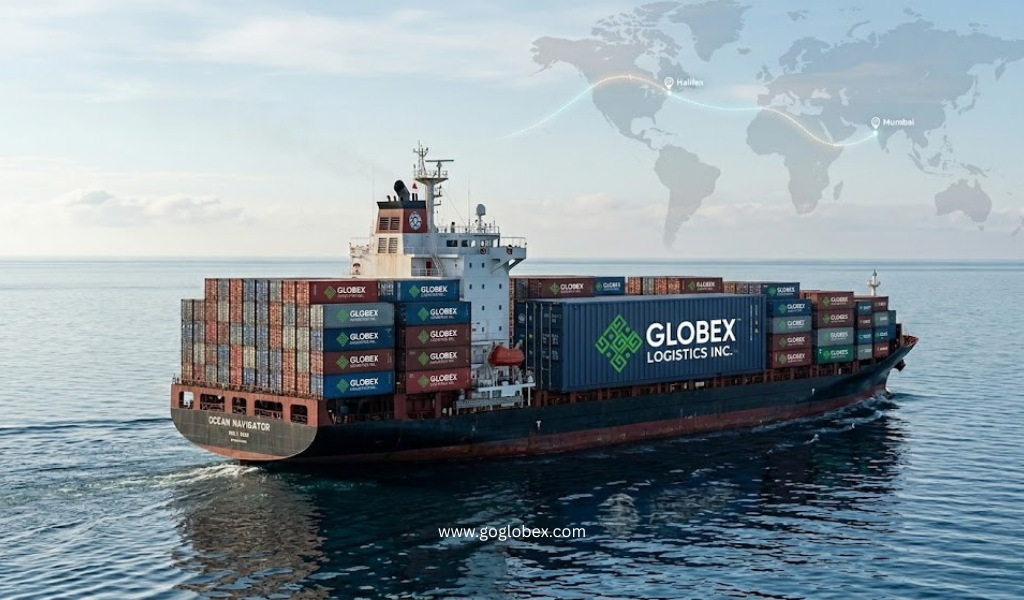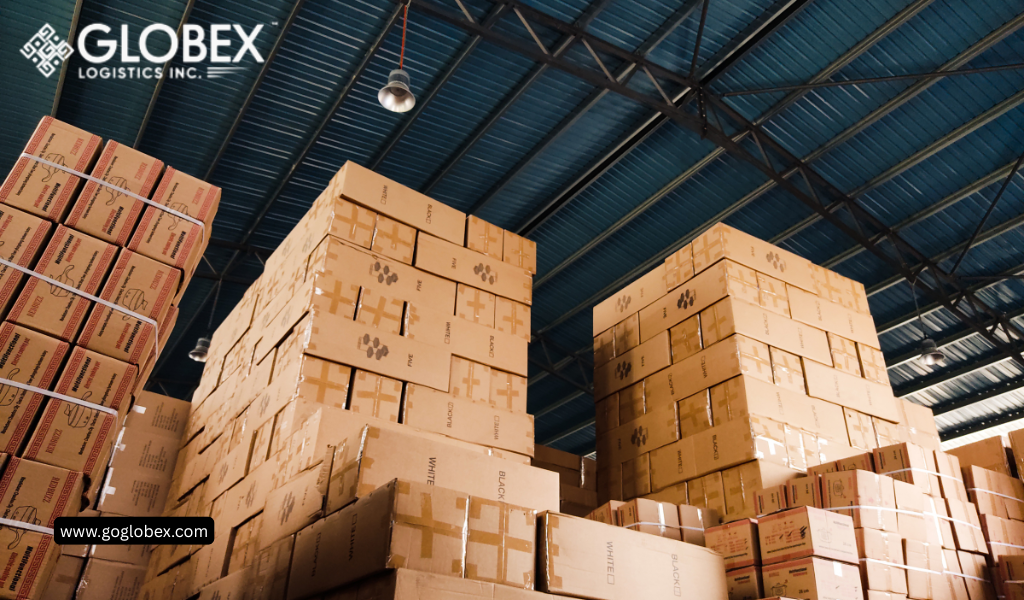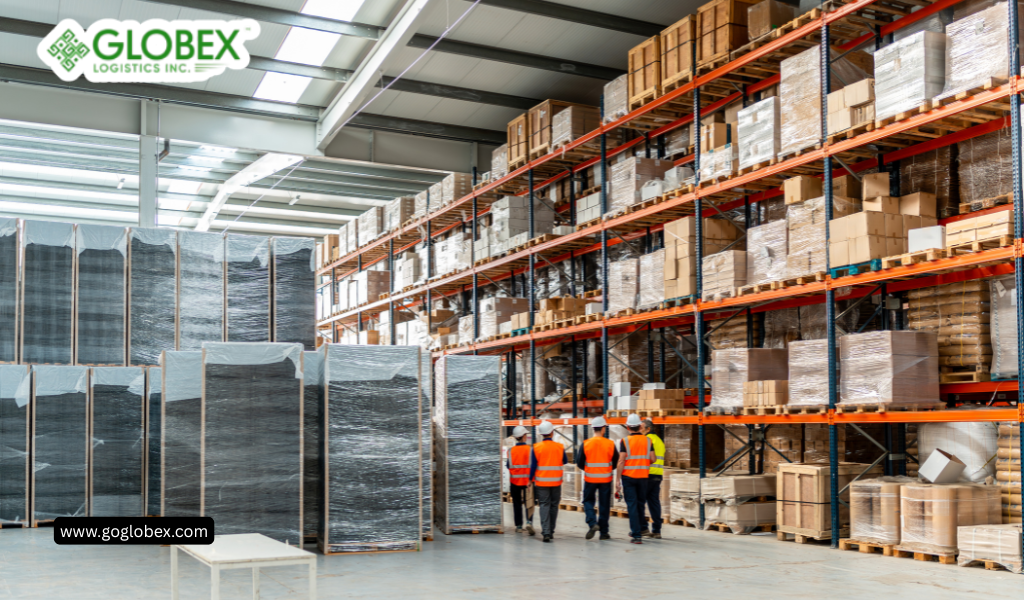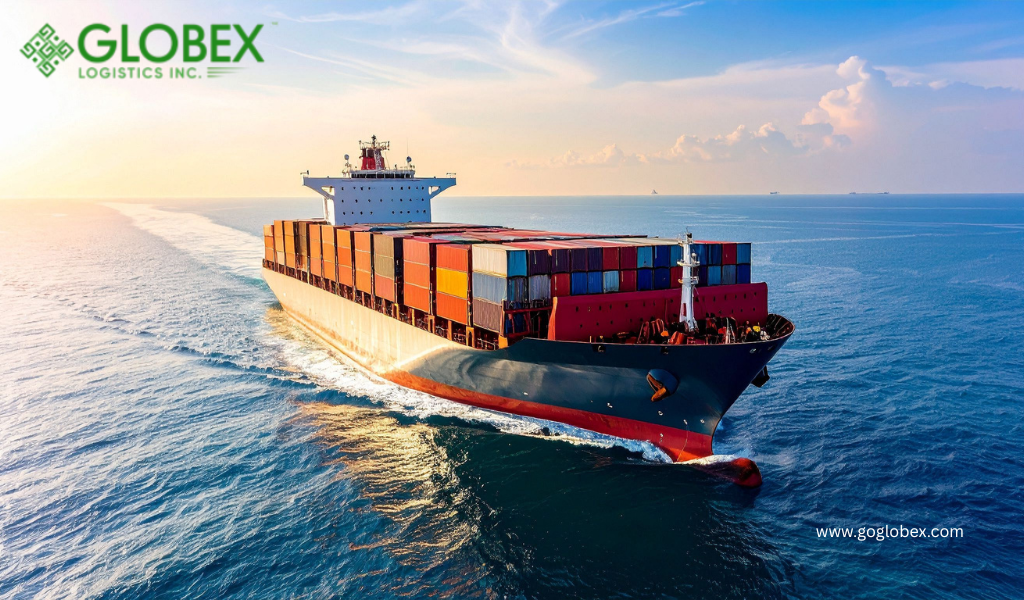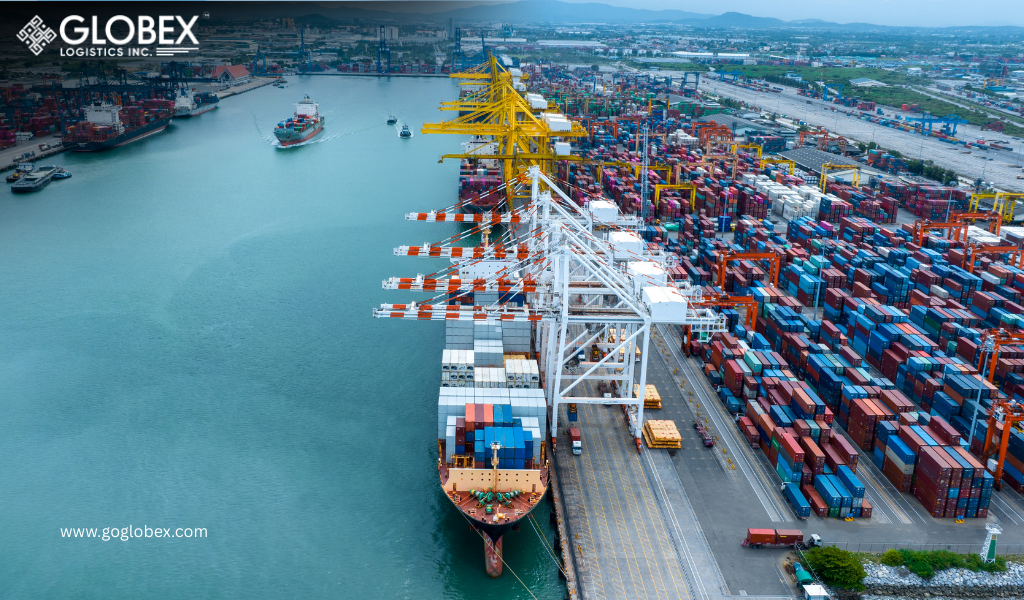
How Sea Freight Consolidation Streamlines Global Trade for Small Businesses?
Small business has come a long way in India and we have to agree that in this age of technology the geographic constraint is no more a big deal. It allows US entrepreneurs to import products from Asia, Europe or Africa and ship it internationally to their customers. However, the one common factor that sets many small businesses back when it comes to shipping is cost. Conventional sea freight is high-cost when you do not have loaded entire container. Now, this is where Sea Freight Consolidation can be a game-changer.
The technique of sea freight consolidation involves combining multiple smaller shipments from several different businesses into one container for a more cost-effective and efficient voyage. This approach gives small businesses looking to grow internationally great access to low cost sea freight service but without compromising reliability.
International freight consolidation is thus the ideal solution for startups, e-commerce sellers, and expanding brands that require reliable global sea cargo solutions, even under low shipping plays.
So, for example instead of $3,000 for a full 20-foot container, a small importer might pay $500–800 for their share of the space. This enables them to focus on further innovation, marketing, and customer service instead of logistics.
Also Read: Unlocking the Power of Ocean Freight in Global Trade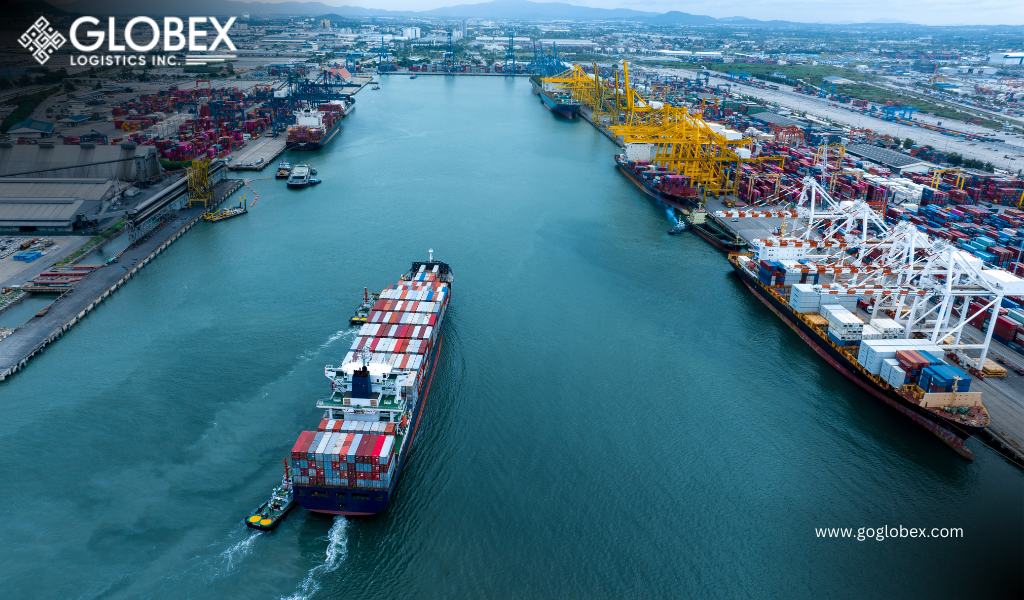
Now small businesses can stand tall against the giants by getting access to international freight consolidation networks and global sea cargo solutions.
The technique of sea freight consolidation involves combining multiple smaller shipments from several different businesses into one container for a more cost-effective and efficient voyage. This approach gives small businesses looking to grow internationally great access to low cost sea freight service but without compromising reliability.
What is Sea Freight Consolidation?
Sea Freight ConsolidationAlso known as LCL shipping (Less than Container Load), sea freight consolidation is a logistics strategy that combines shipments from different businesses in the same container. So instead of paying for a full container, you are paying for the space your cargo occupies.International freight consolidation is thus the ideal solution for startups, e-commerce sellers, and expanding brands that require reliable global sea cargo solutions, even under low shipping plays.
Sea Freight Consolidation: The Preferred Option for Small Businesses
1. Cost Savings with LCL Shipping
Some small businesses may not even have enough inventory to fill a full container. With LCL shipping, they can split the cost of the container with others, making international trade cheaper.So, for example instead of $3,000 for a full 20-foot container, a small importer might pay $500–800 for their share of the space. This enables them to focus on further innovation, marketing, and customer service instead of logistics.
2. Greater Flexibility in Shipping
Sea freight consolidation facilitates smaller, more frequent shipments (as opposed to full container loads). This means businesses can immediately fill demand when it arises without needing to wait on a container-load of inventory.3. Reliable Global Sea Cargo Solutions
Consolidators have associations with reliable carriers, freight forwarders, and port operators. This makes sure that even the smaller consignment passes through the complicated global trade networks without a hitch. It also reduce the chances of delays, enabling the small business to live up to the customers expectations.The Benefits of Sea Fright Consolidation to Supply Chain Optimisation
Small businesses compete in global markets — and a healthy supply chain underpins it all. Consolidation of sea freight is significant in optimising a supply chain by:- Lowering Inventory Cost: This allows businesses to ship smaller but more frequent batches – which means they require less expensive warehousing.
- Better Cash Flow: Small businesses can ship small, regular shipments instead of larger bulk shipments that tie up capital.
- Operational Flexibility: Freight consolidators offer visibility through shipment tracking whilst also simplifying logistics management
Addressing the Most Frequent Problems with Sea Freight Consolidation
Though consolidation comes with great benefits, small businesses should be aware of possible hurdles, as well:1. Longer Transit Times
Because several shipments are combined within, the container may need to make extra stops up load and unload. To counter this, pick a partner that sends invoice tracking to mail and real-time tracking.2. Customs Clearance Delays
However, when a consolidated container has even one shipment seized by customs, that whole container might not see the light of day for some time. By engaging with an experienced international freight consolidation provider, you mitigate this risk.3. Space Availability
Although container space will be scarce for consolidation services during peak seasonsThis is the latest post on container space will be scarce for consolidation services during peak seasons. Arrange the troop move early reflects the fact that, the earlier you book your shipment, the simpler your delivery will be.Also Read: Unlocking the Power of Ocean Freight in Global Trade

Who is the Beneficiary of Sea Freight Consolidation?
- E-commerce sellers: Online stores that have overseas suppliers shipping smaller amounts.
- Importer/Wholesalers: Companies purchasing in smaller quantities and multiple lines.
- Startups — New businesses that want the ability to go global without physical shipping fees.
- Retail SMEs: Balancing seasonal demand with inventory levels for brick-and mortar stores
Cheap Sea Freight Services Versus Air Freight: Which Is Better?
Air freight is quicker, but costs much more—often 10 times as much as sea freight. Sea freight services are the most cost-effective option for shipments that are not time-critical.- Air Freight – Ideal for Napkin orders, time-sensitive, high-value, and perishable goods
- Sea Freight Consolidation: Use for large quantities of non-perishable items, or when time is not an issue.
Sea Freight Consolidation for Small Businesses: Practical Advice
Select the Ideal Freight Forwarder: Partner with a freight management provider who supports small and medium enterprises with their international sea cargo needs.- Get Shipping Documentation Right — Customs often keeps stuff that has incorrect documentation.
- Account for long transit times: If shipping LCL, consider how that might affect your customers’ expectations and factor in this time when planning your logistics.
- Leverage Technology for Visibility: Choose providers that have online tracking and supply chain optimization technology.
How sea freight consolidation can help small businesses grow?
Beyond simple cost-cutting, in a globalised marketplace, sea freight consolidation is a practical necessity. Enables small businesses to expand internationally, enjoy low-cost sea freight services and create sustainable supply chains.Now small businesses can stand tall against the giants by getting access to international freight consolidation networks and global sea cargo solutions.
Conclusion
Overall, Sea Freight Consolidation is the right choice for small businesses in the US that aspire to reach a global level. It is cost-reducing compared to other options, improves the supply chain optimisation, and establishes connections to the international freight consolidation networks. Both e-commerce when you sell online, startups and retail small businesses that tend to ship big and heavy loads should implement affordable sea freight services to broaden their marketing and escalate their income. With the application of global sea cargo solutions into the logistics strategies, small businesses ship not only products, but also possibilities.FAQs on Sea Freight Consolidation
Q1. What is the key benefit of sea freight consolidation for small enterprises?
The foremost advantage is saving money. Businesses pay only for the space they use with LCL shipping, making it a cost effective solution for global shipping.Q2. Full Container Shipping Vs Sea Freight Consolidation: What Is The Time-Frame?
Transit time might experience a minor delay from combining multiple consignments, but the right logistics provider eliminates delays as much as possible.Q3. Is it safe to consolidate sea freight for fragile items?
Yes. Your shipments will be packed and secured correctly to avoid damages when you transacted with trusted consolidators offering global sea cargo solutions.Recent posts
categories

